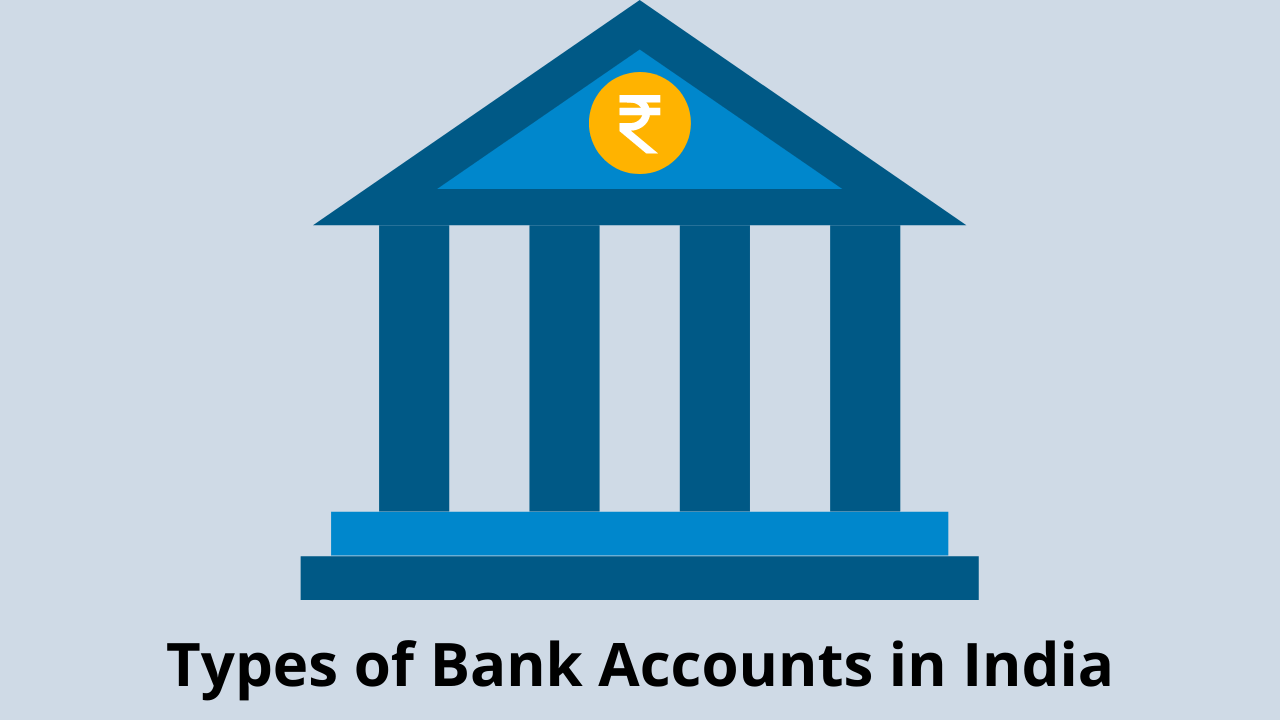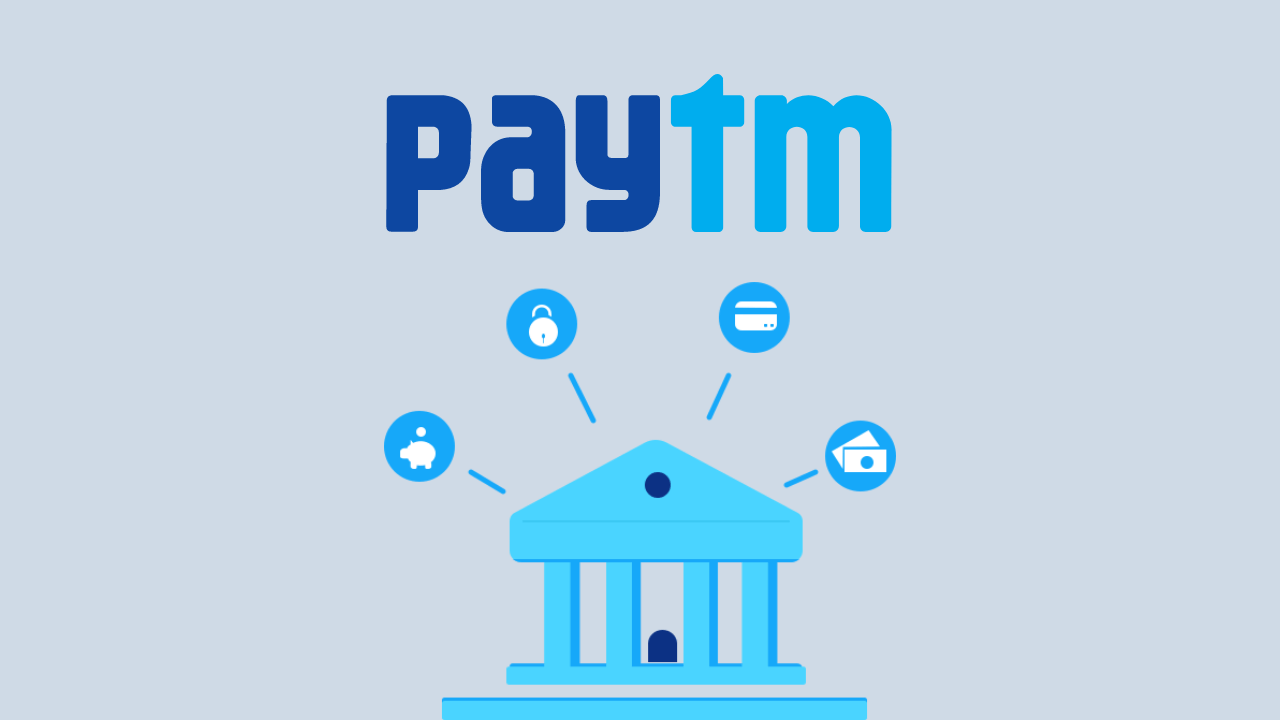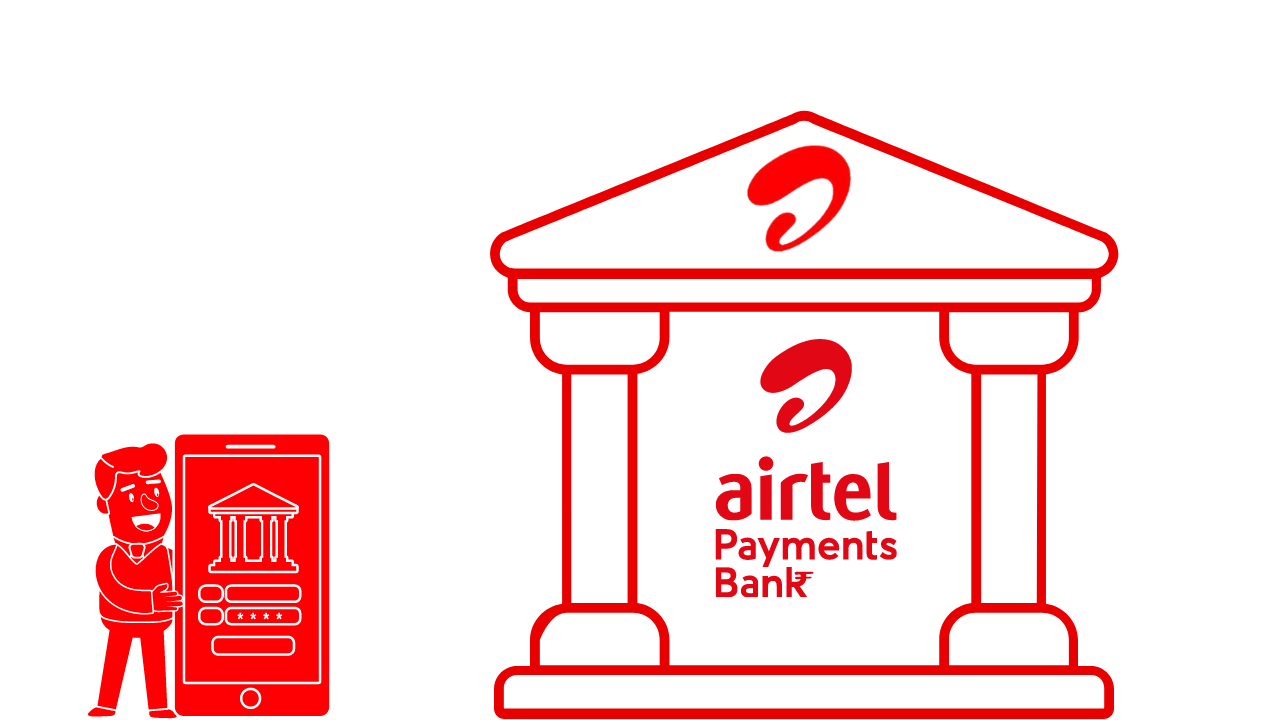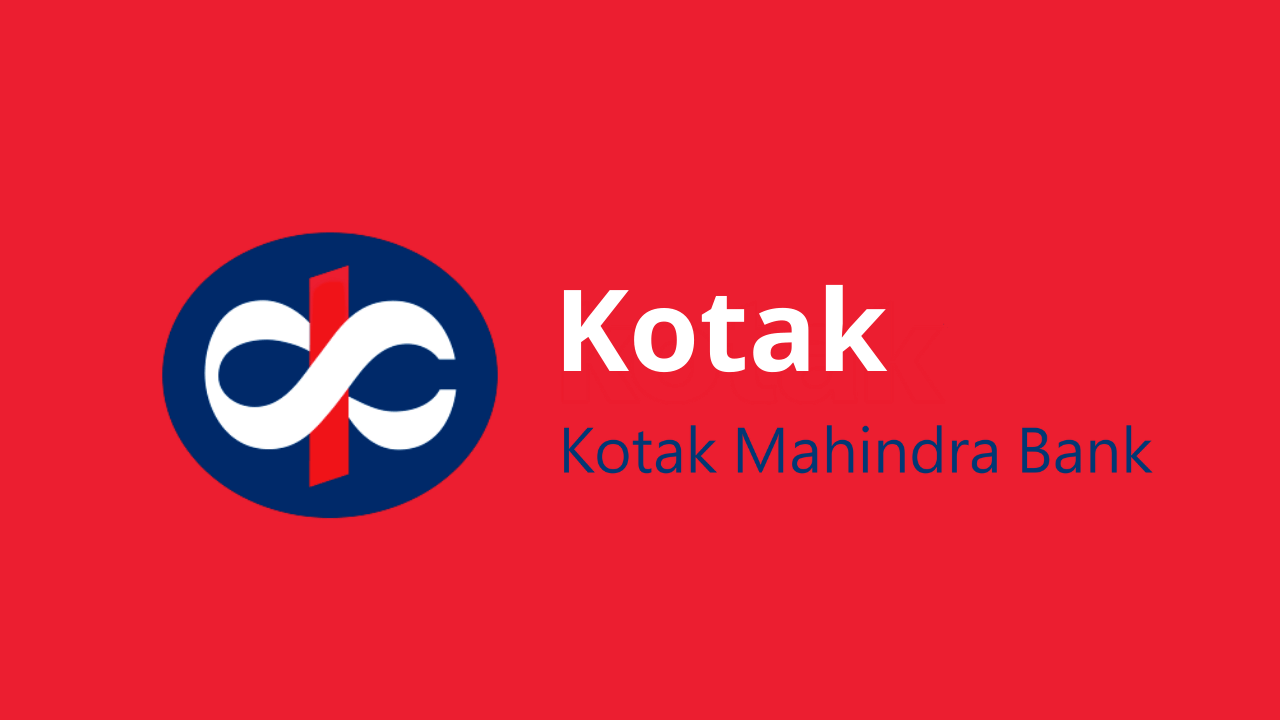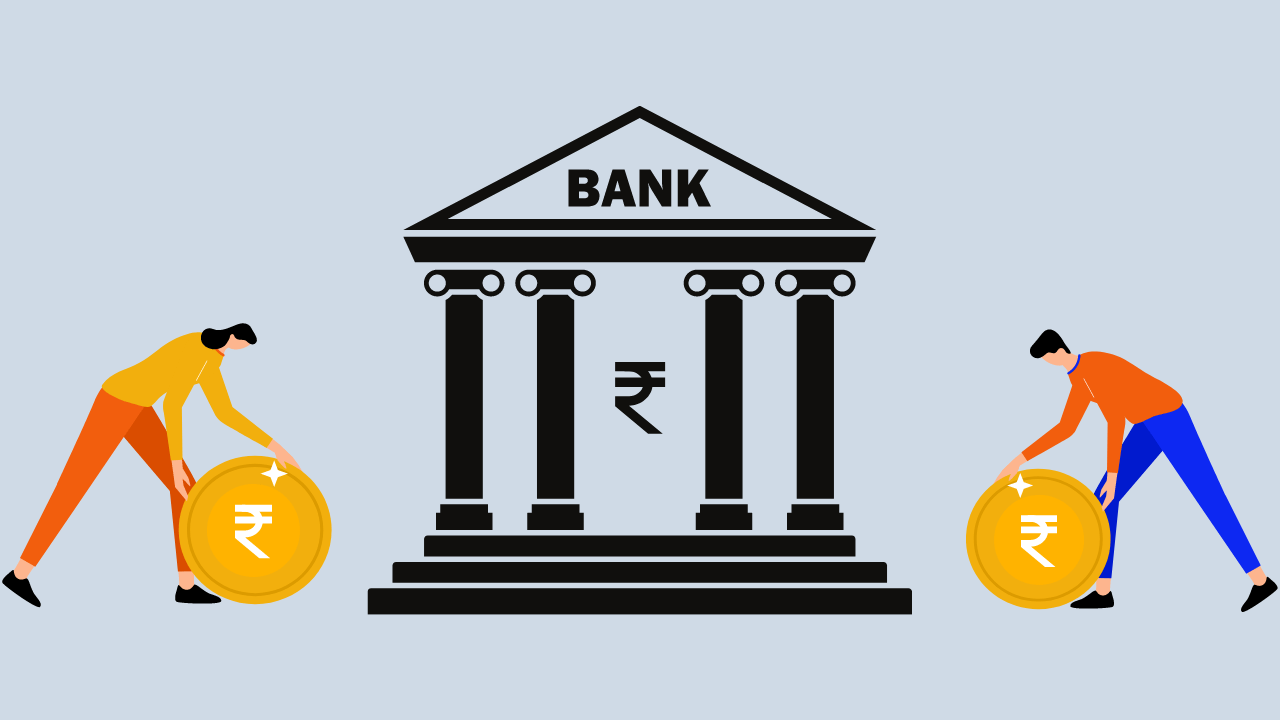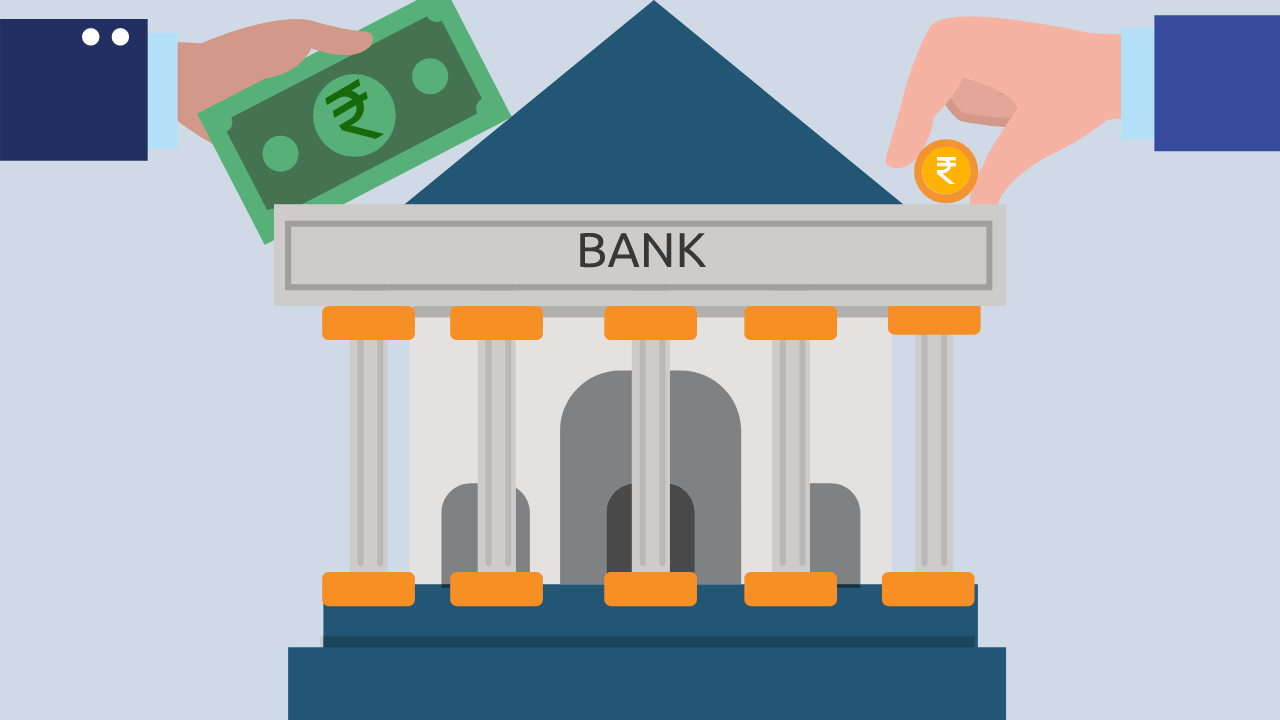Embarking on the journey of understanding the share market in India can be both exciting and daunting. Whether you’re a novice investor or someone looking to broaden their financial knowledge, this article aims to provide a simple yet comprehensive introduction to the share market in India. We’ll unravel the basics, explore key concepts, and shed light on the significance of the share market in the Indian financial landscape.
- Share Market Defined: The share market, also known as the stock market, is a dynamic platform where buyers and sellers come together to trade shares of publicly listed companies. In India, major stock exchanges, including the Bombay Stock Exchange (BSE) and the National Stock Exchange (NSE), facilitate these transactions.
- How Does the Share Market Work? At its core, the share market operates on the principle of supply and demand. When a company decides to go public, it issues shares that investors can buy. The price of these shares is determined by market forces – if more people want to buy a stock (demand), its price goes up, and if more people want to sell (supply), the price goes down.
- Types of Securities: In the Indian share market, securities are broadly categorized into two types – equity and debt. Equity represents ownership in a company, commonly known as stocks or shares. On the other hand, debt includes instruments like bonds and debentures, where investors essentially lend money to the issuing entity.
- Equity Shares: Equity shares are a common investment avenue for individuals in the share market. By purchasing equity shares, investors become partial owners of the company. They have the potential to earn dividends and participate in decision-making through voting rights at shareholder meetings.
- Stock Exchanges: India boasts two prominent stock exchanges – BSE and NSE. These exchanges act as platforms for buying and selling shares. BSE, established in 1875, is one of the oldest stock exchanges globally. NSE, on the other hand, was founded in 1992 and quickly gained prominence for its advanced trading technology.
- Trading and Settlement: Share trading in India primarily follows a T+2 settlement cycle. This means that the actual transfer of shares and funds occurs two business days after the trade date. It provides a buffer for all necessary paperwork and ensures a smooth settlement process.
- Market Participants: Several participants contribute to the vibrancy of the share market. These include retail investors, institutional investors, brokers, and market regulators like the Securities and Exchange Board of India (SEBI). Each plays a crucial role in maintaining market integrity and efficiency.
- Indices: Indices act as barometers of the overall market performance. In India, the Sensex (BSE) and Nifty (NSE) are the two most widely tracked indices. They represent the weighted average of the prices of a basket of select stocks and provide insights into the market’s health and direction.
- Risks and Rewards: Like any investment, the share market comes with its share of risks and rewards. Market volatility, economic factors, and company-specific events can impact stock prices. It’s essential for investors to conduct thorough research, diversify their portfolios, and stay informed to navigate these fluctuations.
- Demat and Trading Accounts: To participate in the share market, individuals need to open a Demat (Dematerialized) account and a trading account. A Demat account holds your shares in electronic form, while the trading account facilitates the buying and selling of these shares.
- Investment Strategies: Various investment strategies cater to different risk appetites and financial goals. Long-term investors often opt for a buy-and-hold strategy, while others may engage in day trading or swing trading to capitalize on short-term market movements.
- Impact of Economic Factors: Economic indicators, such as GDP growth, inflation rates, and interest rates, significantly influence the share market. Investors keenly watch these factors to gauge the overall economic climate and make informed investment decisions.
- Importance of Research: Conducting thorough research before investing in the share market is paramount. Analyzing a company’s financial health, understanding its industry, and staying informed about market trends are essential steps for making informed investment decisions.
Conclusion:
In conclusion, the share market in India is a dynamic and integral component of the country’s financial ecosystem. Understanding its basics, from types of securities to trading mechanisms, empowers investors to make informed decisions. As you embark on your share market journey, remember that knowledge is your greatest asset – stay informed, be patient, and enjoy the learning process.


